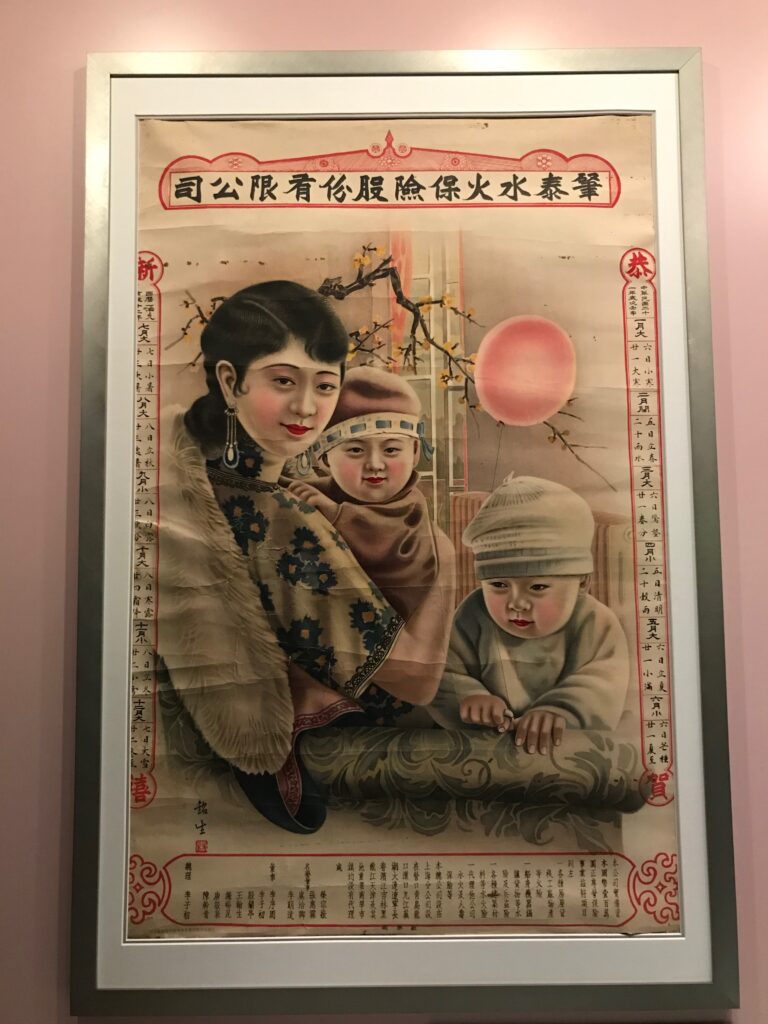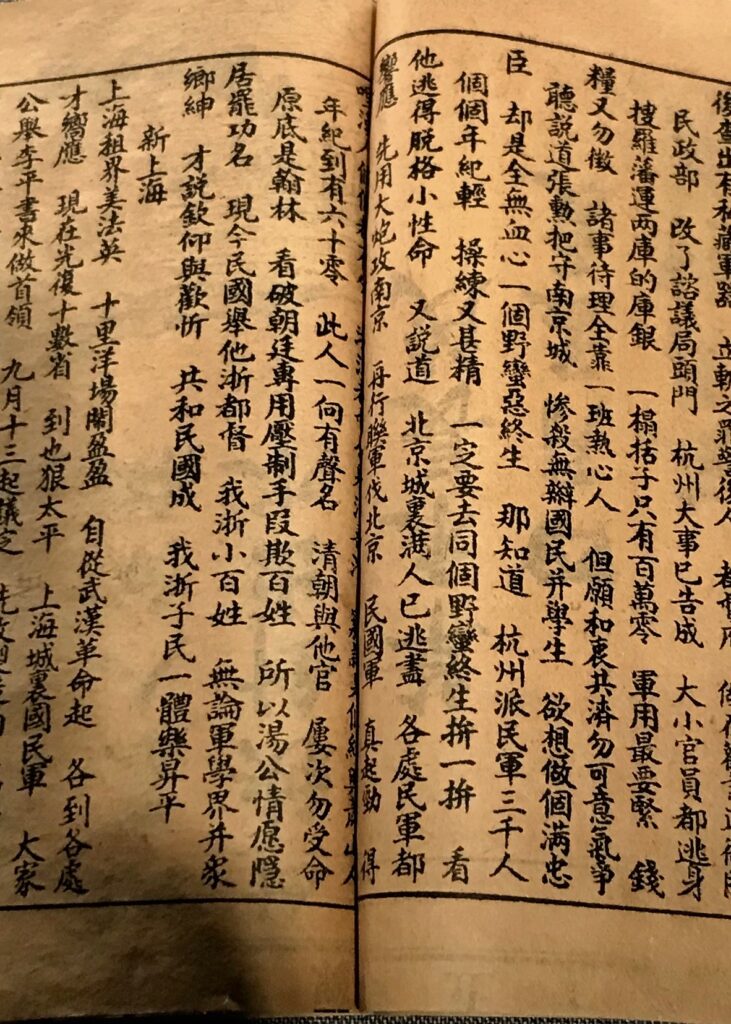You would think that after two years of living in China and studying Chinese almost every day, I’d be pretty good by now. I’m not. I can order food and get the gist of some of the simpler Peppa Pig episodes. But I still can’t understand what my elderly neighbors are shouting at me as I walk into the elevator.
In the hopes that one day I might understand their warnings that the elevator is broken and avoid a fall to my death, I’ve been spending my free time in China taking Chinese classes.
Check out my guide on How To Learn Chinese

I’ve shared my personal experience going from being an absolute Chinese beginner to being able to discuss such complex topics as my favorite Harry Potter movie in Mandarin. Hopefully, my experience can help you to learn Chinese as much as it’s helped me.
My First Time Studying Chinese in China
I’ve been studying Chinese in China on my own for a while now, with varying degrees of success. But, last year, I decided it was time to take the plunge and try to find some actual classes.
Last year, I went to take a demo class at one not too far from where I lived at the time. The price was cheap, and it was close, so it seemed like a good deal. It ended up being not that good.

The classrooms were in a grubby side corner of a faceless concrete high-rise. They had a nice little patio, but everything else was stuffy and felt a bit claustrophobic. The salesperson was nice, but a little bit pushy.
I’d been studying on my own for a while at that point, but it’d been inconsistent. However, I was quite comfortable with the basics. I told the salesperson this, and she put me in a beginner level demo class. We learned words like “书” (book) and “他”(him). The only new vocabulary was the word for “magazine” which I’ve since forgot. It didn’t feel very useful.
I tried to explain that I thought the class might be a little too basic for me. She began to argue with me, pushing the hard sell on the basic class. I decided to leave, and in very polite, Chinese fashion, told her I’d think about it.
The First Teacher at Mandarin Inn
About ten months and one pandemic later, I decided to try again. This time, I went to a school called “Mandarin Inn” which was located in a cute little historic building in Shanghai’s old French Concession. The salesperson here had a goatee from the late 90s, but seemed very friendly and wasn’t very pushy. He suggested an HSK level 3 class, which was kind of where I thought I was too.
The demo class I took was fantastic. The teacher barely spoke English, and even had a nice PowerPoint she used to help teach the class. It felt comfortable, fit my level, and I even picked up a couple new phrases. I paid the fee and signed up for 60 hours of classes right there.

I showed up to class the next Monday feeling like a school kid marching into the first day of 3rd grade. Excited and a little nervous. I walked in the classroom and discovered they’d up and switched the teacher on me.
Instead of the beautiful, friendly young Shanghainese woman who’d taught the demo class, I sat face to face with a short, curmudgeonly middle-aged northerner who looked like she was constantly sucking on a lemon. We spent most of the class speaking English, and she went off on long tangents that had little to do with China or studying Chinese. Since I was the only native English speaker in the class, it fell on me to translate most of the sentences. In fact, my English improved quite a bit. My Chinese progressed a bit slower.
The teacher got easily frustrated with the other students. She shouted and smacked the whiteboard when one of my classmates would pronounce a word wrong or didn’t do their homework. It was really awkward.
A Karen Kind of Saves the Day
At this point, I was also taking free classes offered by my job. The teacher there didn’t smack the white board or shout, but she did spend most of the time chatting in English. I figured maybe this was just how Chinese classes in China were, so I put up with it.
Thankfully, my classmates knew better. One of them complained to the management at Mandarin Inn. They responded quite quickly and efficiently, and within a few weeks we had a new teacher.

It’s like night and day. The new teacher probably spends 90% of the class using only Chinese. Yet, she speaks slow enough for us to understand, and uses words that we know. In fact, I don’t think her English is very good, which is actually much better when you’re trying to immerse yourself in a language.
She’s all business though. There are very few little side tracks, and we are cruising through the book much faster than before. I think maybe we’re going a bit too fast for some of my classmates (who never do their homework), but for me it’s great. I’m learning more and more each week, and I’m even starting to get the gist of what people are saying.
Advice for my Future Self when Studying Chinese in China
As of now, I’m pretty happy with my classes at Mandarin Inn, and plan on continuing. However, if I had to do it over again, or if I was going to give advice to someone else who was looking to sign up for Chinese classes in China, I’d offer the following advice:
- If you’re thinking of taking classes, do it. I waited a long time, and I wish I’d done it sooner. It’s really helpful when you’re studying Chinese to have a teacher correct your mistakes and explain nuances you can’t really easily pick up on your own.
- Be sure to ask if the teacher teaching your demo class is the teacher you’ll be studying with. Try to take a demo with the actual teacher you’ll be having classes with.
- Make sure your teacher speaks mostly in Chinese. Some English can be helpful to explain more complicated things, but in general, I think it’s best to immerse yourself in the language as much as possible.
- Don’t be afraid to switch if a teacher isn’t working. A good school will be happy to work with you, but you’ll probably have to be assertive about it.

As of now, I’m almost done with HSK 3, and will likely move on to HSK 4. I’ll be going from upper beginner to lower intermediate! My goal is to reach HSK 5, which has a vocabulary of 2,500 words. Supposedly, you only need to learn about 1,000 to understand 80% of a language, so there you go.
Hopefully, it’ll be enough to heed my old neighbor’s warnings about stumbling down into the open elevator shaft.
If you want to study how to read and write in Chinese, I can’t recommend Skritter enough. Click on the big S below to sign up!


Need Train Tickets in China?
China’s high speed rail network is fast and efficient, but it’s difficult for non-Chinese citizens to get tickets. Fortunately, Trip.com makes buying train tickets as hassle free as traveling through China can possibly be. Click the link below to get your Chinese train tickets. If you buy your train tickets using the link, I’ll receive a small commission and you’ll feel good knowing you’ve helped out an independent blogger.
